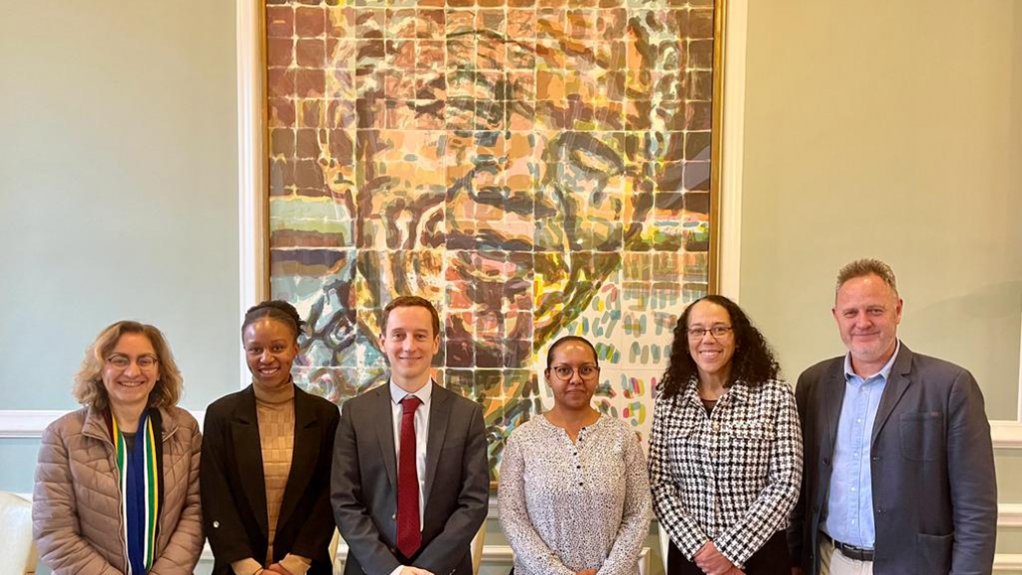While economic growth in sub-Saharan Africa is expected to rebound 4% in 2024, up from 3.3% in 2023, resource-intensive economies will grow more slowly in the year ahead than more diversified, non-resource intensive economies.
This was predicted in the International Monetary Fund’s (IMF’s) Regional Economic Outlook for sub-Saharan Africa, published in October.
IMF chief of division in charge of regional studies in the African Department Luc Eyraud presented the Regional Economic Outlook report at a South African Institute of International Affairs (SAIIA) event, held at the University of the Witwatersrand (Wits), earlier this week.
The event was chaired by SAIIA CE Elizabeth Sidiropoulos, and hosted panelists that included Wits School of Economics and Finance’s Kenneth Creamer, Wits Department of International Relations’ Michelle Small and finance student and SAIIA Youth Policy Committee representative Simphiwe Masilo.
Eyraud noted that the report projects that major gains for sub-Saharan African countries could be achieved through the implementation of the African Continental Free Trade Area Agreement which has “the potential to raise the real per capita income of the median African country by more than 10 percent. Signatories have agreed to eliminate tariffs on 90 percent of non-sensitive products by end-2025, and 7 percent of tariff lines on sensitive goods by 2030.”
Eyraud did warn, though, that in 2023, about 143-million people (about 12% of sub-Saharan Africa’s population) were food insecure – an increase of 10-million people as compared with 2022.
On sub-Saharan Africa’s mineral abundance, the report notes that as cleaner energy becomes more sought after, natural resources, such as oil, may become less important, while resources, such as lithium, may become more important.
“In either case, the key challenge is to ensure that the region’s natural wealth translates into improved living standards for all,” the report said.
IMF African Department deputy director Catherine Pattillo, also speaking at the SAIIA event, reflected that with sub-Saharan Africa’s large development needs and limited fiscal space, more donor support could be required for most countries, some of which is being mobilised through the IMF’s Poverty Reduction and Growth Trust.
An IMF report, ‘Light on the Horizon?’, notes that, “Without reform, external funding is less effective. But without funding, reform is more difficult. Emerging from a long crisis and with some signs of light on the horizon, now is the time for the region and the international community to come together - the more we help the region make progress now, the more resilient the global economy will be for all.”
EMAIL THIS ARTICLE SAVE THIS ARTICLE ARTICLE ENQUIRY
To subscribe email subscriptions@creamermedia.co.za or click here
To advertise email advertising@creamermedia.co.za or click here











